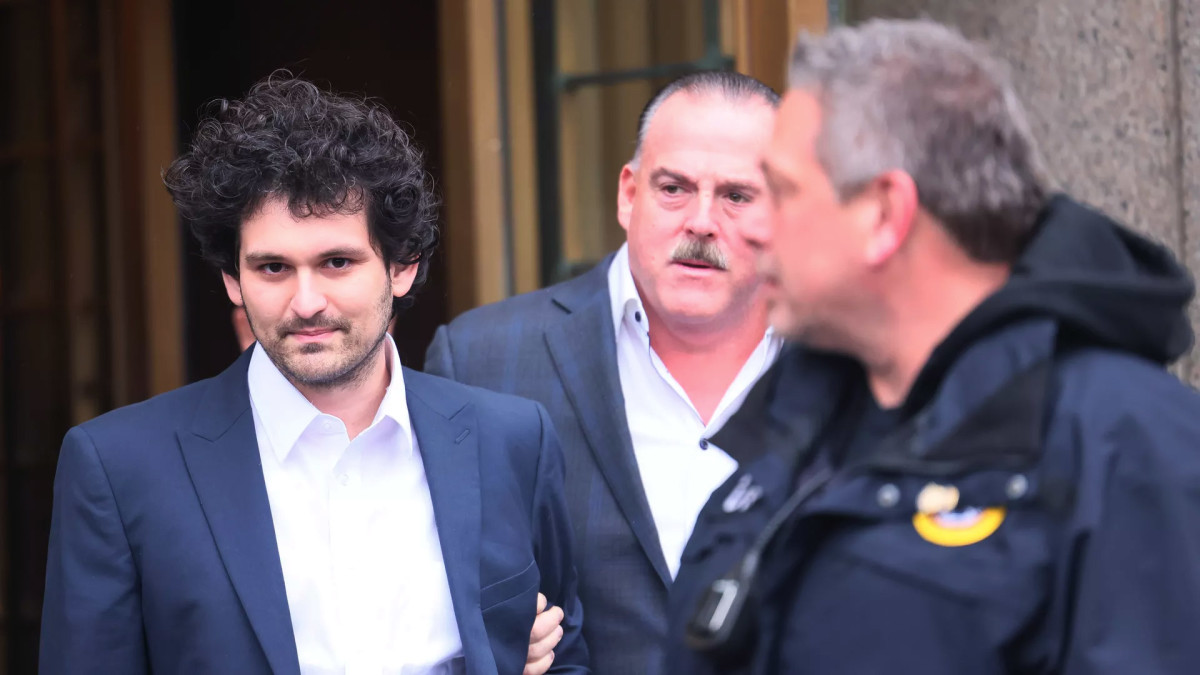
The trial of Sam Bankman-Fried begins Tuesday in Manhattan with the selection of a jury that will ultimately decide the fate of the disgraced former CEO of failed cryptocurrency trading platform FTX.
Bankman-Fried, 31, faces seven separate charges that include conspiracy to launder money, wire fraud and securities fraud linked to the collapse of FTX, which was once valued at $32 billion, late last year.
Related: Sam Bankman-Fried: Everything to know about the disgraced investor before his trial
The trial, which will take place at the United States District Court for the Southern District of New York in Manhattan, will be presided by Judge Lewis A. Kaplan.
Convictions on all charges could carry a prison sentence of more than 100 years.
U.S. Attorney Damian Williams, the government's lead prosecutor, will argue that Bankman-Fried knowingly used clients funds, placed on the FTX trading platform, to make risky bets through the group's wholly-owned hedge fund, Alameda Research, while also enriching himself, his parents and his co-workers.
Bankman-Fried is also accused of using clients funds to make millions in donations to U.S. politicians, some of which were involved in regulating the crypto industry.
The charges echo similar civil suits that have been filed by both the U.S. Securities and Exchange Commission and the Commodity Futures Trading Commission.
Bankman-Fried, while acknowledging a number of mistakes under his leadership of the platform, has always denied criminal wrongdoing.
Once the face of the burgeoning crypto industry, with personal wealth valued at around $26 billion, Bankman-Fried was arrested in the Bahamas in December of last year just hours before he was to appear via video link before the House Financial Services Committee aimed at investigating the FTX collapse
FTX, at one time the second largest crypto platform in the worlds with a market value of around $32 billion, filed for Chapter 11 bankruptcy protection in early November amid a liquidity crisis that multiple media reports have suggested was linked to the use of customer deposits to back risky trades made by the group's wholly-owned hedge fund known as Alameda Research.
John Ray, a corporate restructuring expert brought in to manage FTX's bankruptcy proceedings, said that a small group of inexperienced, unsophisticated and potentially compromised individuals" was key to the group's ultimate failure. Ray said FTX did not keep complete books and records, had inappropriate cash governance and failed to institute basic security controls.
"Never in my career have I seen such a complete failure of corporate controls and such a complete absence of trustworthy financial information as occurred here," Ray wrote in a petition to the Delaware Bankruptcy Court on November 17.
- Get exclusive access to portfolio managers and their proven investing strategies with Real Money Pro. Get started now.







